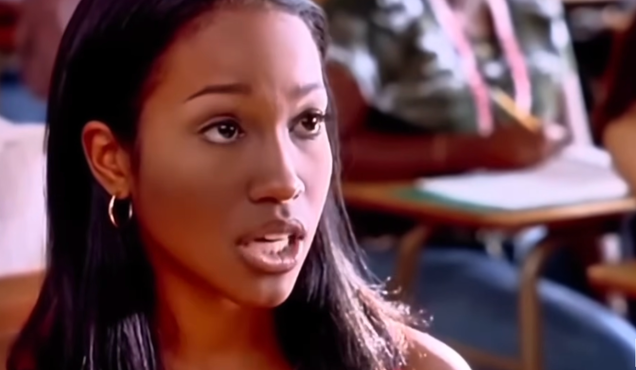Today on the popular morning radio show The Breakfast Club, media mogul Byron Allen sounded the alarm on an attack of the Civil Rights Act of 1866–the original civil rights act, which protected newly freed slaves by ensuring fair government and commercial contracting.
Allen, who is CEO of Entertainment Studios (parent company of The Weather Channel and theGrio), recently sued Comcast in a $20B civil rights lawsuit. Allen had appealed to the 9th Circuit using the Civil Rights Act of 1866 against Comcast’s disproportionate funding of black networks.
“The industry spends billion[s] a year licensing cable networks, billion[s] and African-American owned media gets 0. And that’s not fair,” Allen told hosts Angela Yee, Charlamagne Tha God and DJ Envy.
READ MORE: Various civil rights organizations criticize Comcast move in discrimination case
When the 9th Circuit upheld Allen’s appeal twice, Comcast took the case to the Supreme Court, making a legal argument which threatened the very purpose of the Civil Rights Act of 1866.
That argument looks to interpret the law so that it can only be used if racial discrimination is 100% of the reason that a business is being discriminatory. If even 1% of the discrimination is perceived to have come from a non-racial standpoint, then businesses will not necessarily be held accountable for “mostly” racist practices.
Multiple civil rights organizations have voiced their support in an amicus brief, including the NAACP, the National Urban League, Color of Change, and the National Association of Black Journalists (NABJ).
Several members of the Congressional Black Caucus, an organization co-founded in 1971 by the legendary late Congressman John Conyers Jr. and other elected Black officials to advocate for shared political interests, have signed the amicus brief defending the Civil Rights Act of 1866.

According to Deadline, among those who have lent their voice in protest include presidential candidates and Senators Kamala Harris and Senator Cory Booker, and representatives Ayanna Pressley, Karen Bass, and Joyce Beatty. Non-CBC members such as Senators Richard Blumenthal and Ron Wyden have also signed the brief as well.
“As members of Congress, amici have a strong interest in ensuring that the laws Congress has passed are interpreted in a manner that is consistent with their text, history, and Congress’s plan in passing them,” says the brief filed by The CBC. “…The statute at issue in this case—42 U.S.C. § 1981—was passed immediately after the Civil War as part of a broader effort to ensure that the newly freed slaves enjoyed the same rights as other citizens.”
The brief continued, “This Court should not rewrite Section 1981 and disturb the vital protections that Congress passed that statute to provide.”
But the Congressional Black Caucus is incredibly large and wide-ranging, and includes members who did not sign the brief such as Representatives Maxine Waters, John Lewis, and Ilhan Omar.
The remaining membership includes:
Alma Adams
Colin Allred
Sanford Bishop
Lisa Blunt Rochester
Anthony Brow
G.K. Butterfield
Andre Carson
William Lacy Clay Jr.
Emanuel Cleaver
Jim Clyburn
Danny Davis
Antonio Delgado
Val Demings
Dwight Evans
Marcia Fudge
Al Green
Alcee Hastings
Jahana Hayes Democratic
Steven Horsford
Hakeem Jeffries
Eddie Bernice Johnson
Hank Johnson
Robin Kelly
Brenda Lawrence
Al Lawson
Sheila Jackson Lee
John Lewis
Lucy McBath
Donald McEachin
Gregory Meeks
Gwen Moore
Joe Neguse
Eleanor Holmes Norton
Ilhan Omar
Stacey Plaskett
Cedric Richmond
Bobby Rush
David Scott
Terri Sewell
Bennie Thompson
Lauren Underwood
Marc Veasey
Maxine Waters
Frederica Wilson
Editor’s Note: theGrio is owned by Entertainment Studios.
The post Which members of the CBC have spoken up about the attack on the Civil Rights Act of 1866? appeared first on theGrio.
from theGrio https://ift.tt/2PChYdc


